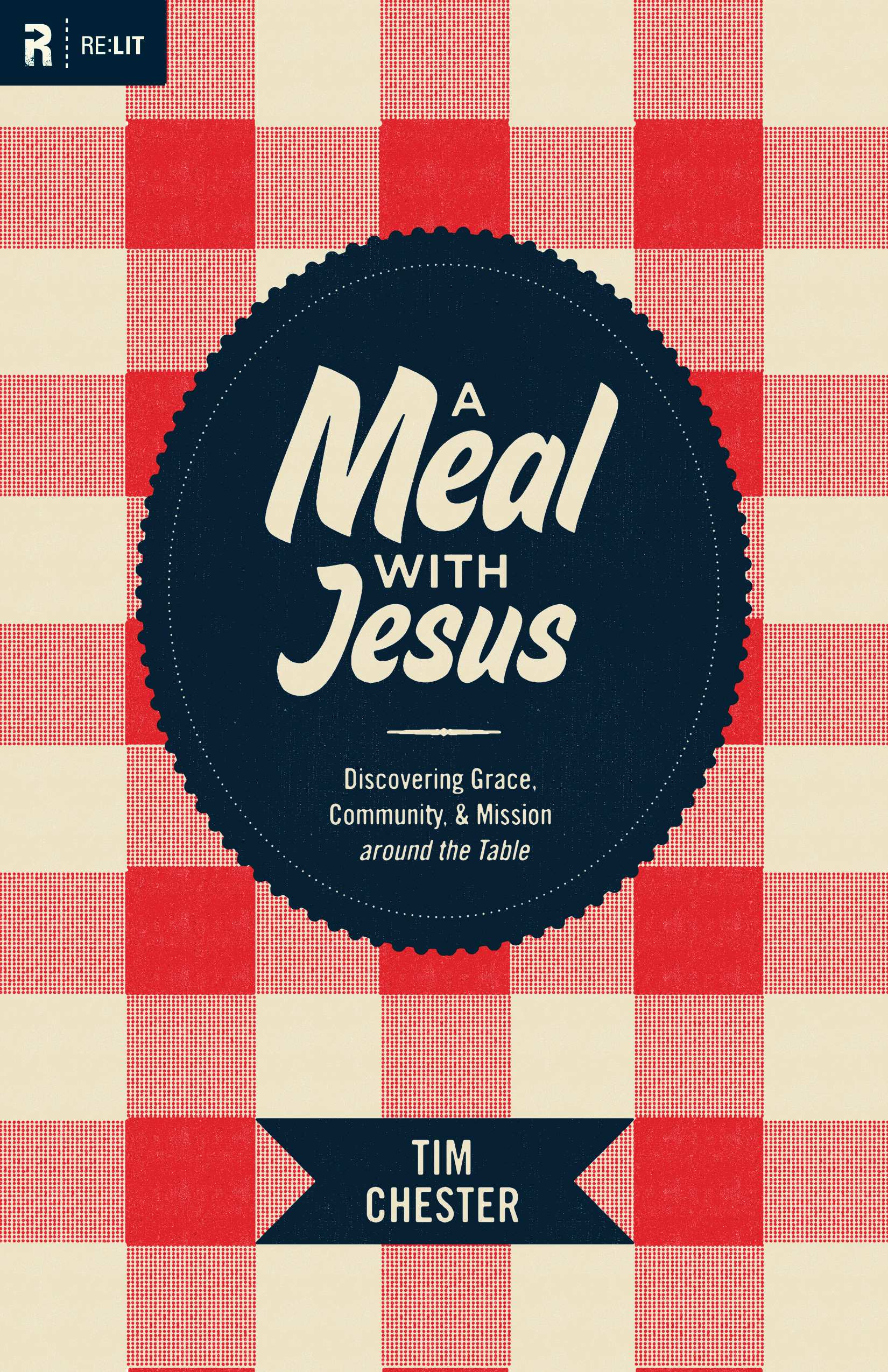I reckon if you had a machine that could record every question ever asked then ‘what’s your name?’, ‘where are you from?’ and ‘what are you studying?’ would seriously spike in September each year. They are the three big questions you get asked countless times at Freshers’ Week; in fact I remember one guy got so bored he wrote his answers down on a badge so he could just keep pointing to that. Of course Durham University freshers also have an extra question: ‘Which college did you apply for at Oxbridge?’, but the less said about that the better.
Repetitive questions aside, Freshers’ Week is also a key time of activity for university Christian Unions across the nation. Over the last month I’ve been putting together a little series of posts on how CU’s can make the most of these first few weeks of the new year. You can check out Part 1 on staying focused on what a CU is for, Part 2 on loving the local church, and Part 3 on being all about Jesus.

If you’re part of a Christian Union, then you’ll know there are certain things that just seem to be part and parcel of CU life: for example, you have prayer meetings; you put on evangelistic events, maybe lunchbars; you probably run an annual weekend-away/houseparty; maybe you have a hoodie. But it’s very easy, in the bustle and routine of CU culture, to never really get round to considering your own personal evangelism.
Yes, you can recite to anyone interested what a CU is all about, you can give a really jazzy summary of the gospel, you’ve heard the talks and made the notes, you’re even wearing the hoodie, your life involves going from one CU event to the next. But as we do all of that, we may well have lost sight of what it’s all for. We might be caring more about all that than the actual nitty-gritty of sharing the gospel with those around us. I write that knowing how easy it is to make that mistake. I remember planning a evangelistic event for the CU, when it suddenly dawned on me that I’d buried myself in organisation for the last few months and hadn’t spent any time with my friends for whom this event could have been an excellent opportunity.
And so part 4 is an encouragement to re-evaluate your own part of the mission-team. How’s your evangelism going?
Now, it’s easy for that kinda question to evoke feelings of guilt, and guilt-induced evangelism – where you’re doing it simply because you’ve been told to – is never a healthy thing. I think there’s probably four motivations that the New Testament gives for evangelism: a desire to obey Jesus’ call to make his disciples, a concern for Jesus’ glory that longs for people to turn to him and recognise him as King, a heart-broken love for the lost who are without Christ, and as a personal response to grace we’ve been shown (think of any others?). You’ll notice that none of those include ‘doing it because Joe Bloggs told me to and so I better had because I don’t want to look bad’.
That said, I think talking about Jesus will often still feel hard, which actually makes sense when you consider how counter-cultural the gospel is. For that reason it’ll often be a costly exercise too: not everyone will respond positively to it, and so we should expect some flak! In that sense then we’ll probably all feel a bit nervous, odd or uncomfortable bringing up Jesus, and so we shouldn’t be completely bamboozled if you feel a twinge of those kind of emotions.
But if we’re completely lacking in motivation to share the amazing news of Jesus Christ, the Saviour who’s died and risen and is coming back, then we probably need to come back to the gospel itself and spend some time meditating on how good it is. That was essentially what Part 3 was all about. A sumptuous diet of Jesus, preached faithfully and zealously from the Scriptures, and then applied into our hearts through the Holy Spirit seems to me the best recipe for healthy evangelism.
But even when our motivations are in the right place, it’s worth being aware that we can still get so caught up in ‘doing CU stuff’ that we lose sight of our own individual evangelism. I’ve included this as part of the ‘Making the most of Freshers’ Week & beyond’ series, because the new year gives us a fresh opportunity to honestly assess how much mission is driving our own time and relationships as an individual. Maybe after one or two years at uni the truth is you’ve completely encased yourself with Christians? Maybe you’ve just let those friendships with your hall-mates from first year slip away because you’re never hanging out?

From experience, if you’re living with Christians then you probably need to be especially wary of this. But why not make a commitment together to make your student home a place of welcome and hospitality, especially to those who don’t know Jesus. You could take turns to have people from your courses over for dinner and introduce them to the rest of your house. What about your neighbours – could you have them over? Have a read of Tim Chester’s excellent A Meal with Jesus for some food for thought on this.
But even if you’re living with those who aren’t Christians, you might still be out nearly every night of the week with CU or church stuff. Be mindful of what message that might send out to your housemates: is Christianity just a time-filling little social clique that seems to have sucked you out of the real world? Do you need to cut some things out of the diary to give you time to work at loving your housemates, being with them and getting to know them better? More than just changing your diary commitments, do you next to re-think your priorities?
The new academic year brings heaps of new opportunities to get to know others who don’t know their God who has graciously made himself known in Jesus Christ. Maybe you’re starting a new module or seminar group and so there’s a chance to get to know people better on your course who you’ve never really invested time in before. It could be a regular pint whilst watching the footy at your local one evening a week, or just seeing a couple of friends for coffee every fortnight for a catch-up. Maybe it’s deciding to get stuck into a sports team or a student society for the first time. You could decide to get more involved in your students union, or be involved in helping international students adjust to British life and language. Maybe it’s the opportunity to get involved in your local community; sharing the reason for the hope that we have in Christ isn’t limited to students.
Christian Unions are student mission teams who have come together from different churches because they’re united through the gospel of Jesus and seeking to speak of Jesus at Uni. But at the heart of that is individuals who are counting Jesus Christ as more precious than anything else, and so are eager to speak of him to others. How crazy would it be if we came together to talk about evangelism, to plan events, to sing of God’s glory, but never actually got round to personally taking on board the reality of mission in our own day-to-day lives and relationships.
Why not make the most of the opportunity that the new year brings to re-evaluate how your evangelism is going?